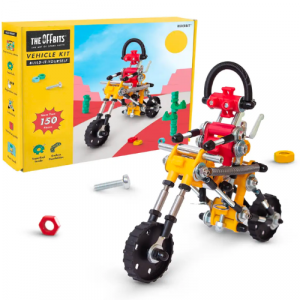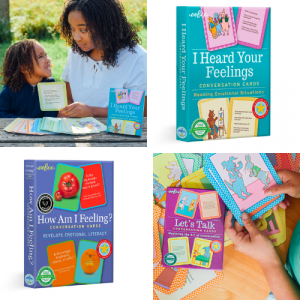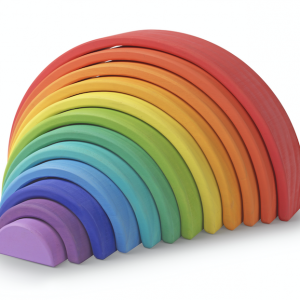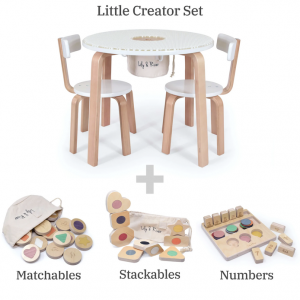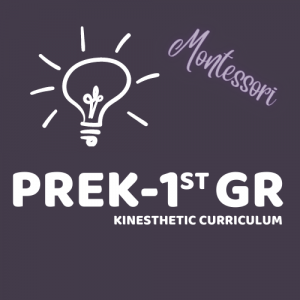Dollhouses can be used in various ways in an educational setting to enhance learning and development. Students will use the dollhouse center to role play activities of daily living (ADLs) alongside the Goki family and their self care and bedtime furniture. Through the use of a dollhouse in a Montessori classroom, children have the opportunity to engage in purposeful, self-directed learning, while developing a range of skills including practical life skills. The dollhouse environment also provides sensory experiences for children. They can touch and feel different textures of furniture and accessories, explore various colors and patterns, and engage their senses in a tactile and immersive manner. By integrating dollhouses into lesson plans or play-based activities, educators can leverage their educational potential and stimulate children’s cognitive, social, and emotional growth. Lesson plan included!
Language Development: Dollhouses provide a context for storytelling and role-playing, allowing children to practice verbal communication and language skills. They can create narratives, engage in dialogue, and express their thoughts and ideas.
Social Skills: Dollhouses promote social interaction and cooperation among children. They can work together to plan and execute scenarios, assign roles, and negotiate with each other, fostering teamwork and empathy.
Problem-Solving and Critical Thinking: Children face challenges while setting up and arranging dollhouses, such as arranging furniture or solving space constraints. These tasks require problem-solving skills, critical thinking, and decision-making, encouraging children to find creative solutions.
Fine Motor Skills: Handling the small accessories, moving furniture, and manipulating miniature objects in a dollhouse help improve fine motor skills and hand-eye coordination.
Math and Measurement: Dollhouses offer opportunities for learning basic math concepts such as counting, sorting, and comparing sizes. Children can measure furniture, create floor plans, and explore basic geometry as they arrange and organize the space.
Historical and Cultural Understanding: Dollhouses can be designed to reflect different historical periods or cultural settings, providing a tangible representation of history or diverse cultures. Children can learn about different time periods, traditions, and lifestyles as they engage in imaginative play.
Emotional Development: Dollhouses provide a safe and nurturing environment for children to express and explore their emotions. They can act out different scenarios and experiences, helping them understand and cope with various feelings.
Includes:
- Adorable Moonflower Minis. Students will love the tiny Montessori rainbow stacker! Handmade in the USA. Thank you for shopping small women-owned businesses.
- Wooden Dollhouse (Dimensions: 25.6″ x 14″ x 34″)
- Flexible wooden doll family that can sit and stand.
- Wooden bedroom and bathroom furniture for doll family.
- Lesson Plan




